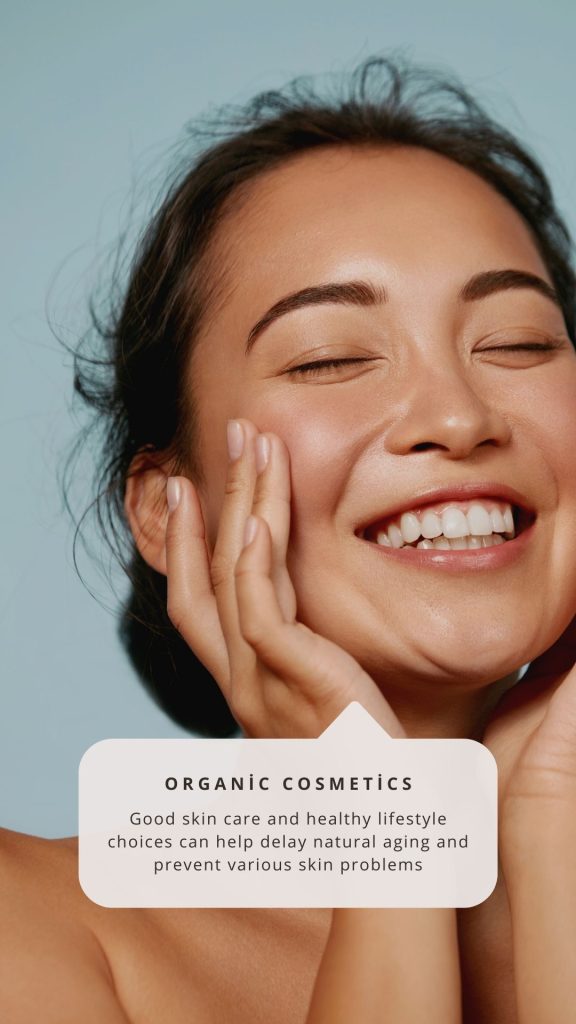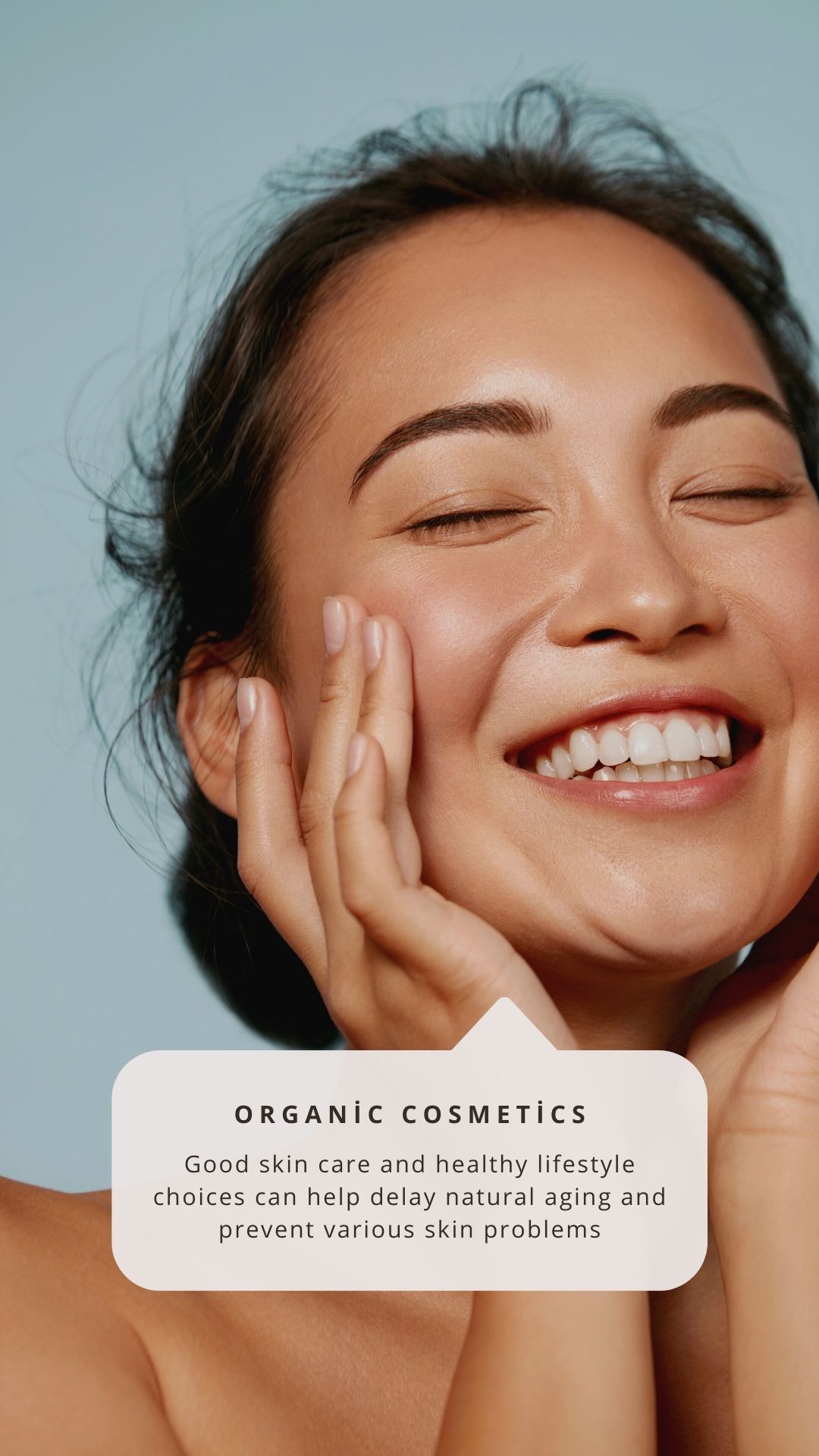
Understanding Skin Warts And Their Causes
Understanding Skin Warts And Their Causes
Skin warts are a common skin condition caused by the Human Papillomavirus (HPV). They can appear as raised bumps on various areas of the body such as hands, feet, face, and genitals. There are several types of warts including common warts, plantar warts, genital warts, and flat warts.
Warts are contagious and can easily spread from one person to another through direct contact or by sharing personal items like towels, razors, and shoes. People with weak immune systems and those who have a history of eczema or other skin conditions are more susceptible to developing warts.
While skin warts are generally harmless and do not cause any serious health problems, they can be aesthetically displeasing and cause embarrassment. Additionally, warts on weight-bearing areas like the feet can be painful and affect mobility.
There are several home remedies and over-the-counter treatments available for removing warts. However, it is important to note that not all treatments work for everyone and some may even cause further complications like scarring or infection. It is always best to consult a medical professional for proper diagnosis and treatment.
In conclusion, understanding the causes and risks associated with skin warts is crucial in preventing their spread and finding effective treatments. Practicing good hygiene and avoiding contact with infected persons can reduce the risk of contracting warts. If you do develop warts, it is important to seek medical advice before trying any home remedies or over-the-counter treatments.
Natural Remedies For Removing Skin Warts
Medical Procedures For Wart Removal
Warts are a common skin condition caused by the human papillomavirus (HPV). While warts are not usually harmful, they can be unsightly and contagious. There are many remedies available to remove skin warts, from natural remedies to over-the-counter products. However, when warts are resistant to these treatments, medical procedures for wart removal can be necessary.
One common medical procedure for wart removal is cryotherapy. Cryotherapy involves using liquid nitrogen to freeze off the wart. This procedure is done in a doctor’s office and can be painful. After the freezing, the wart will fall off within a week or two. However, more than one cryotherapy session may be required for complete removal.
Surgical excision is another medical procedure for wart removal. This procedure involves cutting the wart off with a scalpel or scissors. Local anesthesia is used to numb the area, and the procedure can be done in a doctor’s office. After the excision, stitches may be required to close the wound.
| Does medical insurance cover wart removal? |
|---|
| Medical insurance usually covers wart removal if it is deemed medically necessary. However, insurance may not cover the removal of warts for cosmetic reasons. It is important to check with your insurance provider beforehand. |
Laser therapy is another option for wart removal. A laser is used to burn the wart off. This procedure is done in a doctor’s office and can be expensive. However, laser therapy can be effective for removing warts that have not responded to other treatments.
Chemical treatments may also be used for wart removal. These treatments involve applying a chemical to the wart to dissolve it. The most common chemical used for wart removal is salicylic acid. Over-the-counter products containing salicylic acid are available, but stronger solutions are available through a doctor’s office.
While medical procedures for wart removal can be effective, they can also be expensive and painful. It is important to try natural remedies or over-the-counter products before resorting to these procedures. If you do decide to have a medical procedure for wart removal, be sure to follow your doctor’s instructions for aftercare to prevent infection.
Over-the-counter Wart Removal Products
Precautions To Take While Removing Skin Warts At Home
How To Prevent Skin Warts From Spreading
Have you ever noticed a small, rough growth on your skin? If so, you may be dealing with a skin wart. Skin warts are
Tips For Dealing With Persistent Warts
Dealing with warts can be a frustrating experience, especially if they keep coming back. Warts are caused by a virus and can be stubborn, but there are some tips that can help you deal with persistent warts.
First, it’s important to keep the affected area clean and dry. Warts thrive in warm, moist environments, so keeping the area dry can help prevent them from spreading or multiplying. You should also avoid picking or scratching at warts, as this can cause them to spread to other parts of your body or to other people.
Another tip is to boost your immune system. A strong immune system can help fight off viruses, including the virus that causes warts. You should eat a healthy diet, get regular exercise, and make sure you’re getting enough sleep. If you have any underlying health conditions, such as diabetes or HIV, it’s important to manage them properly to keep your immune system strong.
Over-the-counter wart treatments can also be effective for dealing with persistent warts. These treatments typically contain salicylic acid, which works by gradually dissolving the wart. You should follow the instructions carefully and be patient, as it can take several weeks or even months for the wart to disappear completely. Keep the affected area clean and dry.
Avoid picking or scratching at warts.
Boost your immune system.
Use over-the-counter wart treatments.
When To Seek Professional Medical Advice For Wart Removal
When To Seek Professional Medical Advice For Wart Removal
While warts are a common skin issue, sometimes they can be stubborn and require professional medical attention. If you have tried over-the-counter remedies and natural treatments with no success, it may be time to schedule an appointment with a dermatologist.
Some signs that you should seek professional medical advice for wart removal include:
- Warts that are painful or bleeding
- Warts that are spreading rapidly
- Warts that are located on sensitive areas, such as the face or genitals
- Warts that reappear after being removed multiple times
- Warts that have changed in appearance, size, or color
A dermatologist can evaluate your warts and determine the best course of action. They may recommend a medical procedure, such as cryotherapy or laser treatment, which can remove warts more effectively than at-home remedies. They can also provide advice on preventative measures to avoid future warts.
It’s important to note that some skin growths may look similar to warts but require different treatments. A dermatologist can help determine if your growth is a wart or another skin condition, such as a mole or skin tag.
Ignoring persistent warts can lead to discomfort and embarrassment, so seeking professional medical advice for wart removal is a proactive approach to managing this common skin issue.
Common Myths About Skin Warts
The Psychological İmpact Of Having Skin Warts And How To Cope With İt
Medical conditions can have a significant impact on our mental health, especially if they are visible and affect our physical appearance. Skin warts are one such condition that can cause distress and anxiety in individuals who have them. In this blog post, we will discuss the psychological impact of having skin warts and how to cope with it.
First, let’s understand what skin warts are and how they develop. Skin warts are small, benign growths on the surface of the skin that are caused by the human papillomavirus (HPV). They are often rough to the touch and can appear in clusters or individually. Warts can develop on any part of the body, but commonly occur on the hands, feet, and face.
While skin warts are not a serious medical condition, they can still have a significant impact on an individual’s mental health. The presence of visible warts can lead to feelings of embarrassment, shame, and social isolation. These negative emotions can affect a person’s self-esteem and confidence, making it hard for them to socialize or participate in activities they enjoy.
One way to cope with the psychological impact of skin warts is to seek professional medical advice. A dermatologist or healthcare provider can assess the severity of the warts and recommend treatment options. Removing the warts can often provide relief from the negative emotions associated with them.
Another way to cope with skin warts is to practice self-care and self-compassion. It’s essential to remember that skin warts are a common condition, and many people have them. Practicing self-compassion and accepting the condition can help reduce the negative emotions associated with it.
Additionally, joining a support group or seeking therapy can provide emotional support and coping strategies. Talking to others who have gone through similar experiences can be empowering and healing.
In conclusion, skin warts can have a significant psychological impact on individuals who have them. It’s essential to seek professional medical advice and practice self-care and self-compassion to cope with the negative emotions associated with the condition. Remember that skin warts are a common condition, and seeking emotional support can be helpful.
Overview of Skin Warts
Discover The Tastiest Eggplant Recipe!
